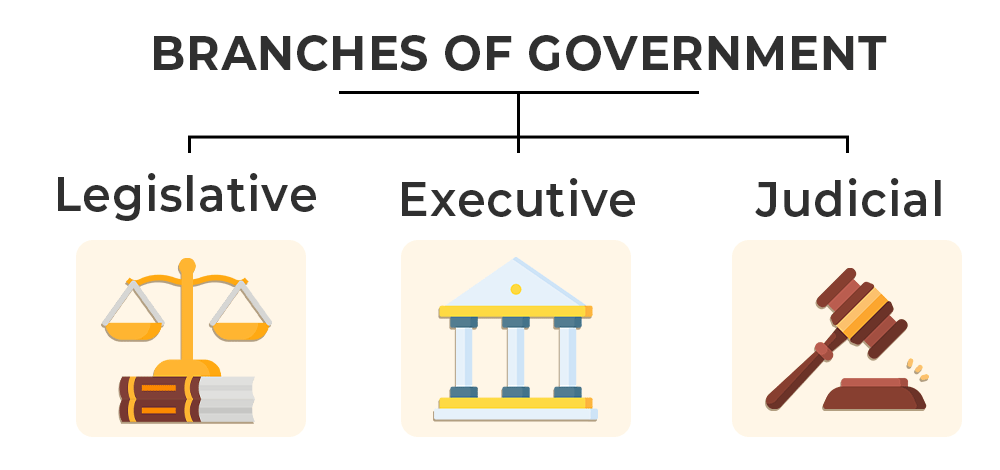Dr Saleh Kamran
On the 28th of July every year, World Hepatitis Day is observed globally. This day serves as a reminder of the global impact of viral hepatitis, a serious health condition that affects millions worldwide. It’s a day to unite in our efforts to raise public awareness and take action against this disease, which can lead to severe liver disease and even cancer.
This year’s designated theme for World Hepatitis Day is “It’s time for action.” This theme underscores the urgent need for immediate intervention. Every 30 seconds, a person succumbs to a hepatitis-related illness. This is a stark reminder of the critical nature of our mission to prevent, diagnose, and treat hepatitis. The time to act is now, to save lives and enhance health outcomes.
Viral hepatitis is caused by five primary strains of the hepatitis virus – A, B, C, D, and E. Among these strains, hepatitis B and C are the most prevalent infections and are responsible for an alarming 1.3 million deaths and 2.2 million new infections annually. The good news is that these infections are largely preventable, and by taking the right precautions, we can significantly reduce these numbers.
Pl subscribe to the YouTube channel of republicpolicy.com
Despite the availability of advanced diagnostic and treatment tools, along with decreasing product costs, testing and treatment coverage rates have remained static. Nevertheless, there remains hope in achieving the World Health Organization’s ambitious goal of eliminating viral hepatitis as a public health threat by 2030 if decisive action is taken promptly.
Pakistan should tackle hepatitis because it is a serious public health concern in the country. An estimated 12-15 million people in Pakistan are living with hepatitis B or C, and the prevalence rate is among the highest in the world. Hepatitis leads to a significant number of deaths and causes a huge economic burden on the healthcare system. Tackling hepatitis is crucial for improving public health outcomes, reducing the burden on the healthcare system, and saving lives. Implementing comprehensive prevention, testing, and treatment programs can greatly reduce the impact of hepatitis in Pakistan.

















